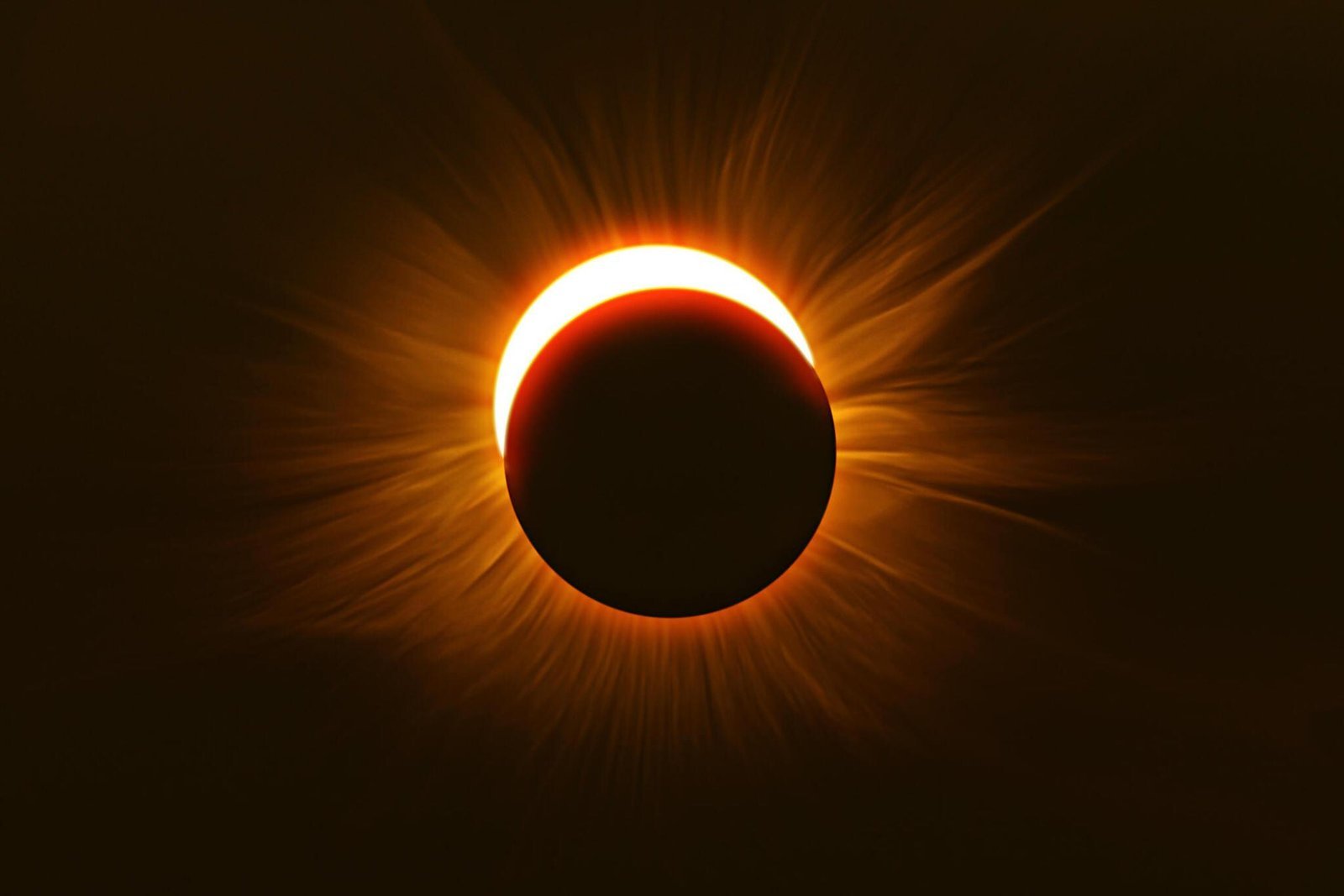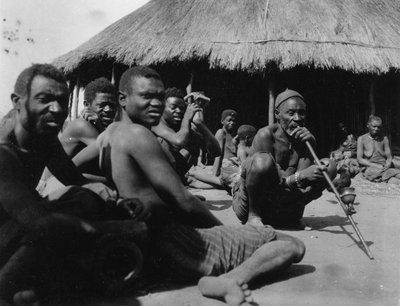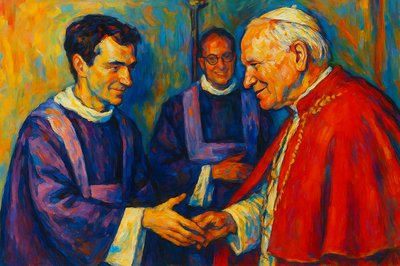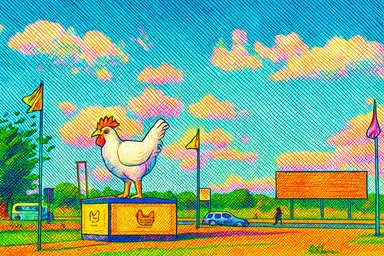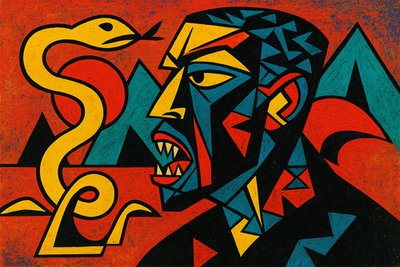Both solar and lunar eclipses have held profound significance in the traditional beliefs and myths of numerous African cultures across the continent. These celestial events often inspired awe and curiosity, and intricate narratives were developed to explain their occurrence. Eclipses were interpreted as powerful omens or celestial battles within the rich world of African cosmology.

As the Ngoni people crossed the Zambezi River in 1835, escaping the Zulu wars, a solar eclipse took place. Something they perceived as a bad omen.
In 1835, scores of Ngoni people drowned while trying to cross the Zambezi River at its confluence with the Luangwa River. The Ngoni were a sub-group of the Zulu people and were escaping persecution from King Shaka, the Zulu king who was both revered and feared. There was a total solar eclipse at the time of the river crossing. The eclipse was seen as a sign that the gods were angry with the Ngoni people for leaving their homeland, and it was perceived as a bad omen that signified impending deaths. Led by Chief Zwangendaba, the surviving group proceeded and ultimately settled in the eastern part of present-day Zambia and parts of Malawi, Tanzania and Mozambique.

The Dogon people of Mali have a rich cosmological knowledge inclduing detailed descriptions of the planets and stars.In many African cultures, supernatural forces often viewed the sun's eclipse as a temporary disruption or attack on the sun. The Dogon people of Mali, for instance, believed that a solar eclipse signified the impending death of the sun. They devised rituals to prevent the perceived demise of the sun.
Among the Yoruba people of Nigeria, eclipses were attributed to a struggle between the sun and the moon. In Yoruba mythology, the sun (as Olorun) and the moon (as Oduduwa) were siblings engaged in a perpetual chase. An eclipse was interpreted as a momentary victory of the moon over the sun, requiring prayers and offerings to restore the natural order.

According to Yoruba mythology, eclipses are the result of conflict between the sun and moon.
Lunar eclipses also carried significant symbolism in African traditions. Among the Maasai of East Africa, a lunar eclipse was believed to be caused by the mischievous deeds of the god Engai. According to Maasai folklore, Engai's two sons, Kileken and Enkai, were responsible for the movements of the sun and moon. During an eclipse, it was believed that Kileken (the moon) was being swallowed by a spirit known as Sumba, leading the Maasai to make loud noises and shout to scare off Sumba and release the moon.
The BaKongo people of Central Africa held a different belief about lunar eclipses. They saw them as a moment when the spirits of the dead could communicate with the living. BaKongo elders would use this celestial event to perform rituals aimed at honouring their ancestors and seeking guidance from the spiritual realm.
Beyond celestial battles and supernatural phenomena, eclipses were also seen as pivotal moments for prophecy and divination. For instance, the Bambara people of Mali believed that an eclipse could reveal hidden truths and foretell future events. Traditional healers and spiritual leaders would interpret the timing and nature of the eclipse to provide insights into community matters or individual destinies.
In various African societies, the response to eclipses was not merely passive observation but active engagement with the spiritual world. Rituals, prayers and communal gatherings were integral to eclipse events, serving to protect, appease, or understand the forces believed to be at play in the heavens.
Today, while scientific understanding has shed light on the mechanics of eclipses, the cultural and spiritual legacies associated with these phenomena persist among many African communities. Eclipses continue to evoke a sense of wonder and connection to ancient traditions, highlighting the enduring blend of science and mythology that characterises African cosmology.
On 8 April 2024, a total solar eclipse passed over Canada, the United States and Mexico, countries where indigenous peoples have a plethora of spiritual beliefs. The next solar eclipse expected on the African continent is slated for 25 November 2030 and will be visible in Namibia, Botswana, Lesotho and South Africa.

Images courtesy of Alamy and Getty Images
